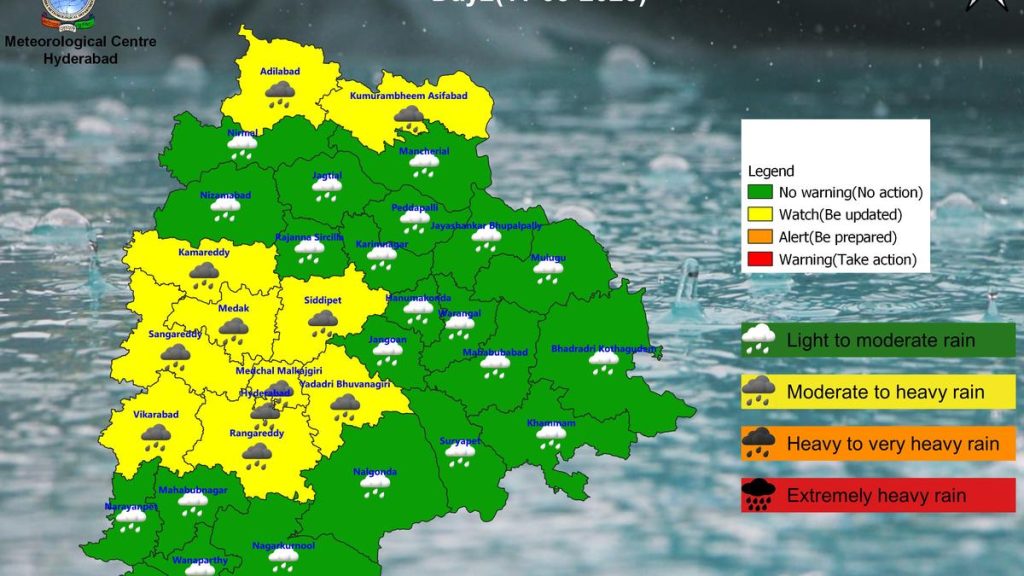Now Reading: KSERC Partially Approves KSEB’s Power Procurement Plans
-
01
KSERC Partially Approves KSEB’s Power Procurement Plans
KSERC Partially Approves KSEB’s Power Procurement Plans

Swift Summary:
- The Kerala State Electricity Regulatory Commission (KSERC) approved short-term power purchases by the Kerala State Electricity Board (KSEB) for September to December 2025 and March 2026.
- KSERC stipulated that KSEB must reassess electricity demand for the period September 2025 to May 2026.
- Proposals for April and May 2026 were not approved, pending revised estimates from KSEB within the next 30 days.
- Total estimated financial commitment for six-and-a-half months of power procurement is ₹684 crore, with ₹245 crore projected just for April 2026.
- KSEB attributed increasing power demand to factors such as local body polls in 2025, Assembly elections in early 2026, school examinations in march, and maintenance at Idukki’s Moolamattom power station slated for November.
- KSERC approved month-wise pricing:
– ₹9.20 per unit up to 400 MW (September).
– ₹7.97 per unit up to 300 MW (October).
– ₹7.47 per unit up to 200 MW (November).
– ₹7.46 per unit up to 200 MW (December).
– Round-the-clock procurement of up to 300 MW at ₹5.40 per unit was sanctioned specifically for March.
Indian Opinion Analysis:
The approval of short-term energy purchases by KSERC underlines an ongoing challenge in managing Kerala’s energy demands effectively during peak periods influenced by social events like elections and exams. While pragmatic measures have been adopted including time-specific pricing models and targeted capacity allocations, the insistence on reassessing future electricity requirements points toward a lack of precise forecasting mechanisms within state utilities like KSEB.
The unapproved proposals for April-May reflect a necessary regulatory caution aimed at optimizing financial expenditures amidst rising costs of temporary energy procurement-₹245 crore projected solely in April stands out as an area where improved resource planning could yield savings.
Further attention on infrastructure maintenance schedules like Idukki’s Moolamattom station will be crucial given their direct impact on system reliability during high-demand scenarios. this development emphasizes the need for Kerala’s long-term strategies addressing systemic deficits rather than relying heavily on frequent short-term interventions.
Read more: Original article link

























